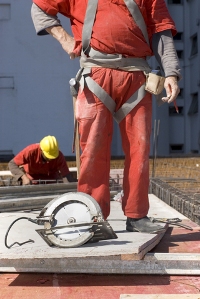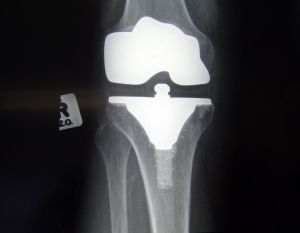According to a recent report from AZCentral.com, two police officers allege an insurance company contracted by the city has unjustly denied their respective workers’ compensation claims. As your Massachusetts workplace injury attorney understands, insurance companies routinely deny valid claims for their own financial benefit.
 One of the workers is currently on unpaid leave and says that he is being forced to return to work before he is physically ready, because he cannot afford to care for his family without pay.
One of the workers is currently on unpaid leave and says that he is being forced to return to work before he is physically ready, because he cannot afford to care for his family without pay.
The officers suffered injuries in two separate accidents while on the job. One of the officers believes he was experiencing a celiac episode, so he went to the fire station to seek treatment. Walking through the door was the last thing he remembered. He woke up in the hospital and was told that he was found with his head and body pressed up against a wall. He suffered a vertebrae fracture and head injury.
Continue reading
 Massachusetts Workers Compensation Lawyers Blog
Massachusetts Workers Compensation Lawyers Blog




 As your
As your  As a result of this injury, he was placed on restricted duty at the factory and had a job doing light janitorial work and some production duties. While working, he injured his right shoulder as a supervisor who wanted him to work faster was yelling at him.
As a result of this injury, he was placed on restricted duty at the factory and had a job doing light janitorial work and some production duties. While working, he injured his right shoulder as a supervisor who wanted him to work faster was yelling at him. A recent
A recent  Witnesses report that a large piece of wood was kicked out of the chipper and hit the worker in the back. The piece of wood was reported to approximately two feet long and a foot wide.
Witnesses report that a large piece of wood was kicked out of the chipper and hit the worker in the back. The piece of wood was reported to approximately two feet long and a foot wide. Witnesses heard a loud bang that may have been a transformer explosion. The worker was electrocuted and died on scene. The electrical disturbance resulted in a power outage to the area. The state department of labor and industries is investigating the accident. The medical examiner is also working to determine an official cause of death.
Witnesses heard a loud bang that may have been a transformer explosion. The worker was electrocuted and died on scene. The electrical disturbance resulted in a power outage to the area. The state department of labor and industries is investigating the accident. The medical examiner is also working to determine an official cause of death. Witness are reporting the decedent was working at a university campus when he fell about 20 feet. He was airlifted by helicopter to a local trauma center, where he died from his injuries.
Witness are reporting the decedent was working at a university campus when he fell about 20 feet. He was airlifted by helicopter to a local trauma center, where he died from his injuries.

